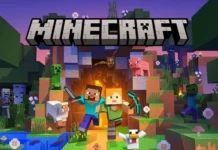Blockchain technology has revolutionized numerous sectors, and the gaming industry is no exception. By incorporating blockchain, game developers can create decentralized games with unique features such as tokenization of in-game assets, player ownership, transparent economies, and incentivized gaming. This article delves into the top blockchain platforms empowering the development of blockchain games, showing you how these platforms are redefining the gaming space.
Ethereum
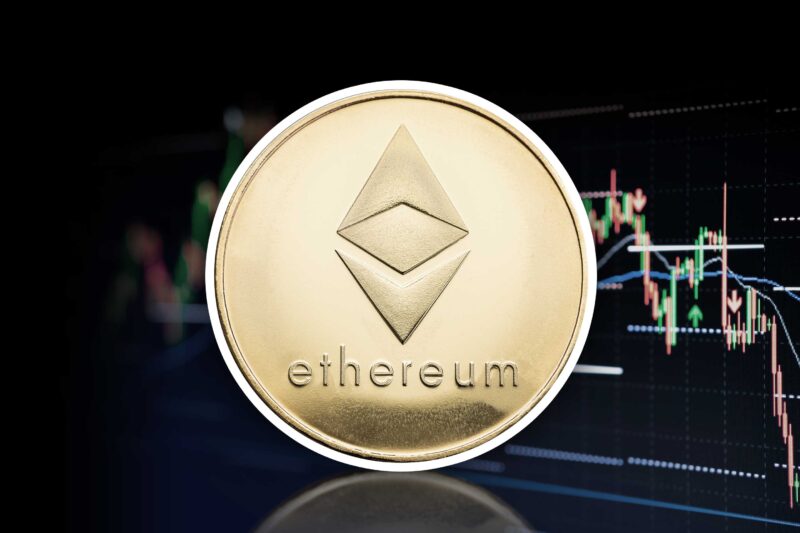
Ethereum stands as the pioneer of blockchain-based game development, fueled by its robust smart contract functionality and active developer community. The platform allows developers to create intricate in-game economies, tokenize assets, and even reward players with cryptocurrency.
Ethereum’s open-source platform provides an opportunity for developers to create games with unprecedented levels of transparency, trust, and security. Notable games developed on Ethereum include the viral hit, CryptoKitties, and the decentralized virtual world, Decentraland.
Despite high gas fees and scalability issues, Ethereum’s upcoming upgrades (Ethereum 2.0) promise to mitigate these challenges, thereby fortifying its position in the blockchain gaming landscape.
TRON
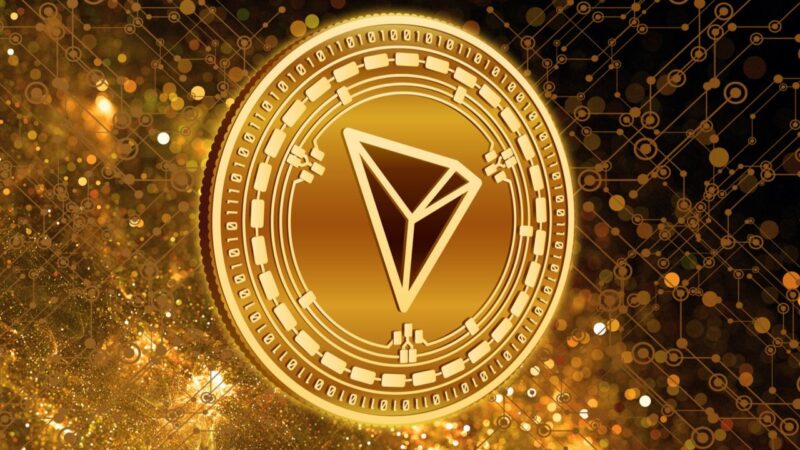
TRON’s entry into the blockchain gaming realm has been marked by its incredible scalability and low transaction fees. Its delegated Proof-of-Stake consensus mechanism and high throughput make it a formidable platform for developing high-performance blockchain games.
TRON’s architecture allows developers to create games with real-time interactions, making it suitable for complex, multiplayer games. Some successful TRON-based games include CropBytes and Magic Academy, both demonstrating the platform’s unique capabilities.
EOS
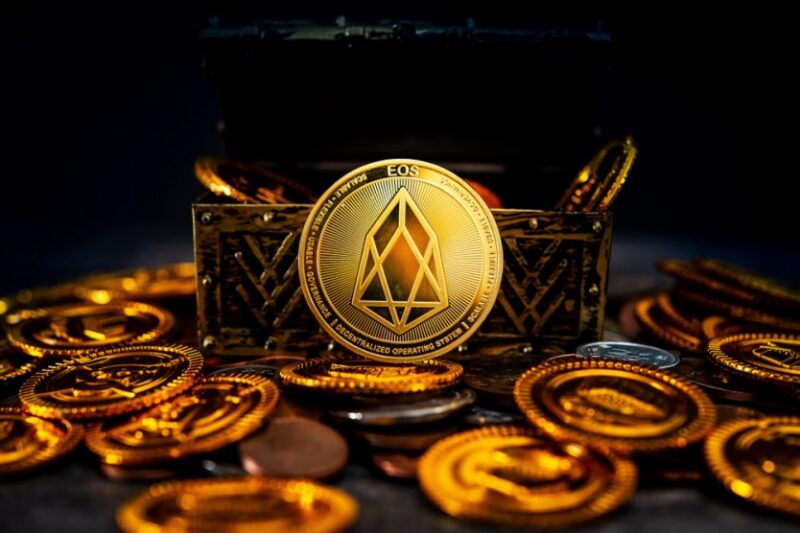
EOS’s blockchain is designed for high-performance applications, making it ideal for game development. This is what makes it an ideal choice for online casinos such as SatoshiHero and similar outlets that work on blockchain technology. Its low latency and free transactions offer an optimal gaming experience for players. Additionally, EOS’s smart contracts and its native EOSIO software allow developers to design intricate game mechanics.
Notable games developed on EOS include EOS Knights and Prospectors, both of which have gained popularity due to their complex gameplay and extensive use of blockchain.
NEO
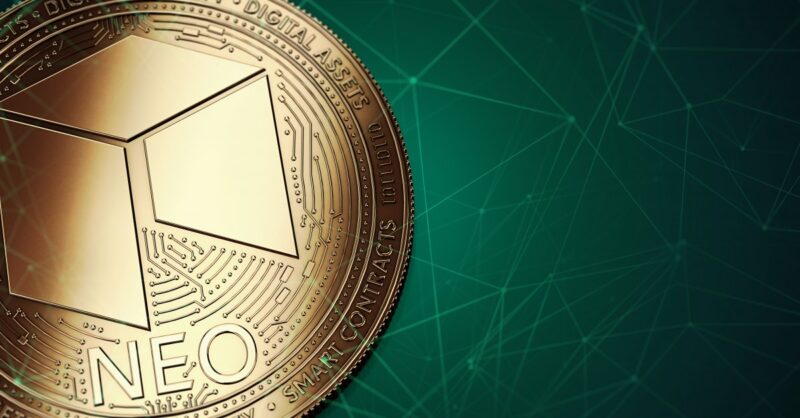
NEO, often dubbed as the “Ethereum of China,” provides a multifaceted platform for game development. Its support for numerous programming languages, developer-friendly tools, and high scalability makes it a strong contender in the blockchain gaming space.
Games like Hash Puppies and Blockchain Cuties have utilized NEO’s technology, showcasing its potential for creating engaging, decentralized games.
WAX
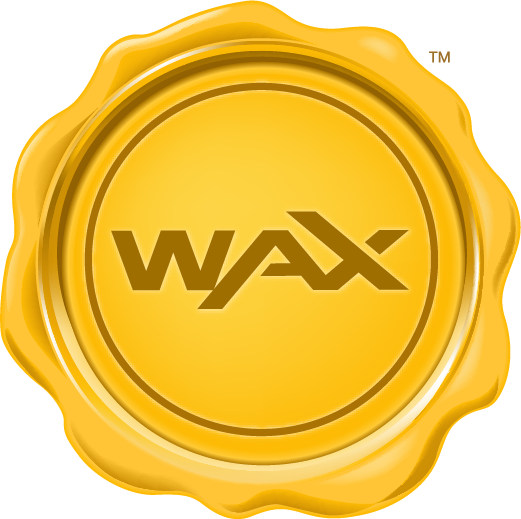
WAX (Worldwide Asset eXchange) focuses on creating a decentralized marketplace for trading virtual items. Its blockchain provides tools and services to online video game stores and allows players to tokenize and trade their virtual assets.
The platform’s strong focus on the gaming industry and item trading has seen the development of marketplaces and games like VGO, a popular item trading game, which is a testament to WAX’s niche specialty.
Enjin
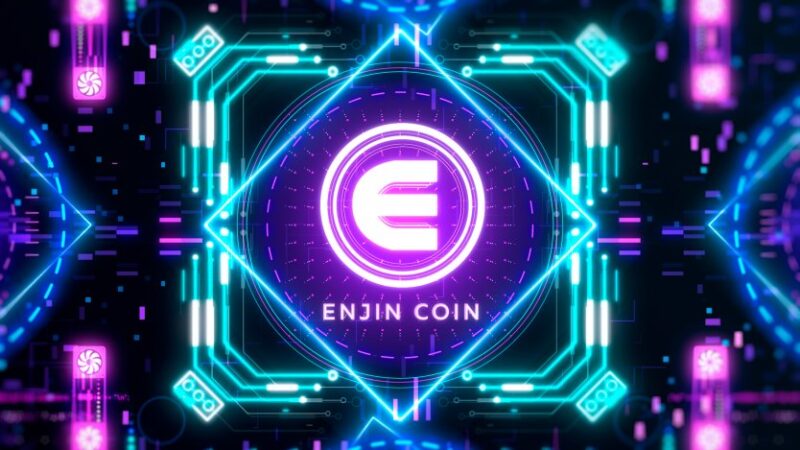
Enjin stands out among other blockchain game development platforms due to its comprehensive ecosystem tailored specifically for creating immersive blockchain games. At the core of Enjin’s platform lies its emphasis on non-fungible tokens (NFTs), which empower developers to design and implement unique in-game items that players can truly own and trade in the blockchain space.
By leveraging Enjin’s suite of tools for token creation, trading, monetization, and more, developers are equipped with everything they need to craft captivating gameplay experiences supported by blockchain-backed virtual economies. Notable games like Lost Relics and The Six Dragons serve as prime examples of how Enjin’s technology brings a new level of engagement and authenticity to the gaming world.
Binance Smart Chain (BSC)
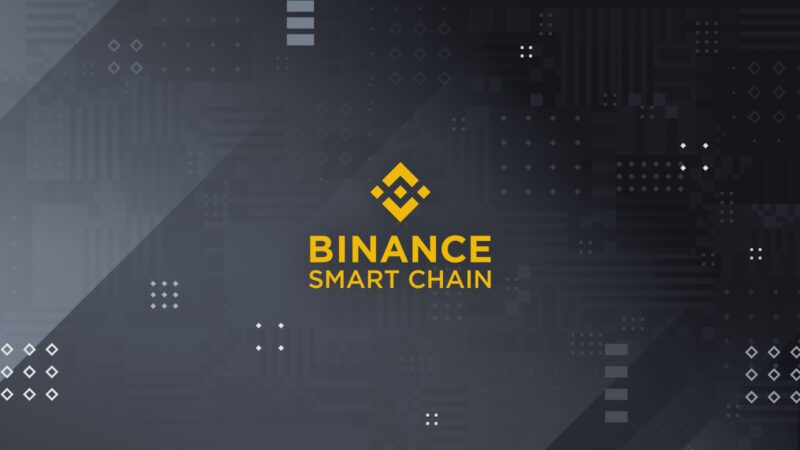
When it comes to high-performance blockchain infrastructure with seamless compatibility to Ethereum’s EVM, Binance Smart Chain (BSC) takes center stage as a popular choice among game developers. The platform’s appeal lies not only in its ability to provide a robust gaming environment but also in its low transaction costs and remarkable scalability.
BSC’s cross-chain compatibility enables the easy migration of Ethereum-based games, allowing developers to tap into BSC’s powerful capabilities. The success stories of games like Battle Pets and PancakeSwap on BSC serve as compelling evidence of the platform’s ability to support and elevate gaming experiences while providing a solid foundation for the development of innovative blockchain games.
Flow
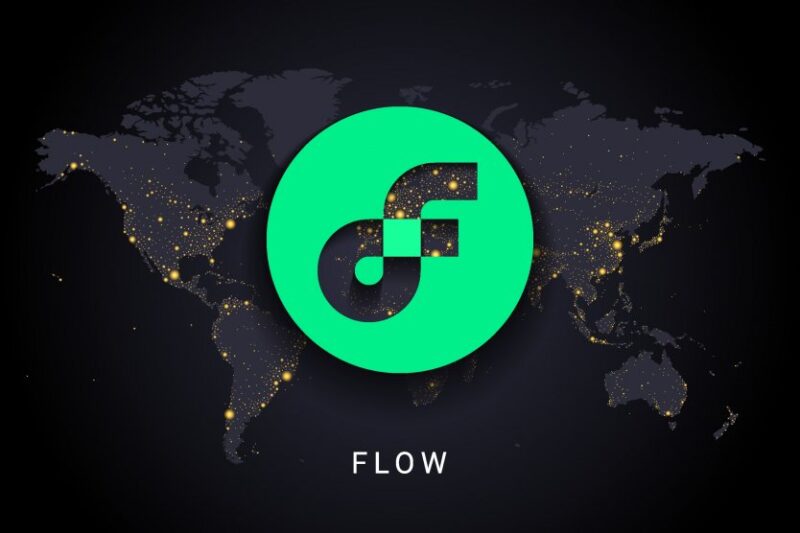
Flow, created by the developers of the groundbreaking CryptoKitties, sets itself apart by offering a blockchain infrastructure purpose-built for games and digital collectibles. This platform addresses some of the most significant challenges faced by blockchain games, promising a scalable and user-friendly experience for both developers and users.
Flow’s architecture caters to the specific needs of game developers, providing superior performance and unique capabilities for creating vibrant virtual economies. The successful projects built on Flow, such as NBA Top Shot and CryptoKitties, not only demonstrate Flow’s technical prowess but also showcase its ability to support the creation of highly engaging and immersive game experiences.
Polygon (previously Matic)
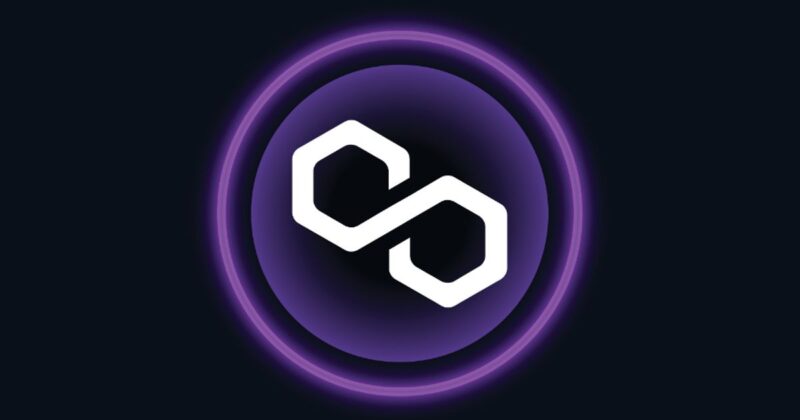
Polygon, formerly known as Matic, stands out as a reliable layer 2 scaling solution for Ethereum, offering faster transactions and low fees. This platform empowers developers to create high-performance games without compromising on the security and decentralization that Ethereum provides.
Polygon’s benefits are evident in games like Neon District and Decentral Games, where its technology plays a pivotal role in enhancing gameplay and user experience. With Polygon’s seamless integration and efficient scaling, developers can push the boundaries of what is possible in the blockchain gaming space, providing players with unforgettable gaming experiences while mitigating the challenges posed by scalability and transaction costs.
Avalanche
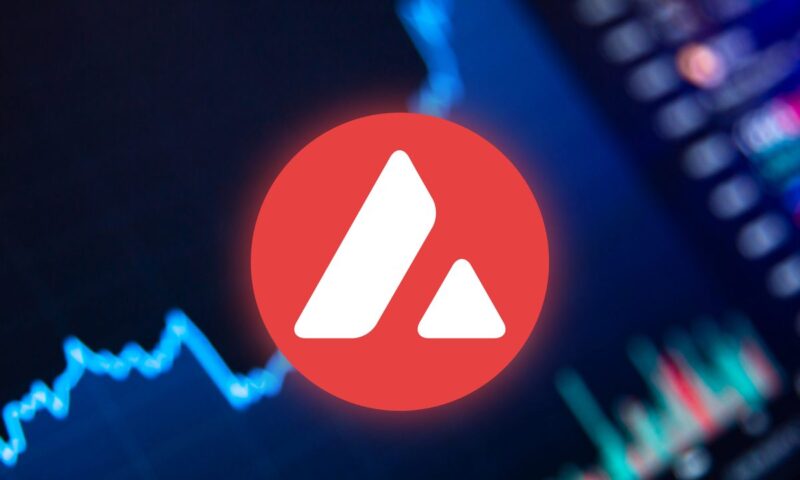
Avalanche is an alluring blockchain game development platform that offers a robust foundation for creating innovative and high-quality games. With its remarkable high throughput and low transaction fees, Avalanche presents an ideal ecosystem for developers to bring their game ideas to life. The platform’s compatibility with Ethereum, sub-second finality, and scalable infrastructure make it an attractive choice for game developers seeking a performant and cost-effective solution.
Games like Polyient Games Ecosystem and EverdreamSoft have successfully leveraged Avalanche’s technology to create complex and captivating gaming applications, demonstrating the platform’s capabilities and potential to revolutionize the gaming industry. By harnessing Avalanche’s strengths, developers can unlock new possibilities and deliver exceptional gaming experiences to a wide range of players.
Conclusion
From Ethereum’s smart contract capabilities to Avalanche’s high throughput, the array of platforms supporting blockchain game development is vast and varied. Each platform offers unique features and advantages that game developers can leverage to redefine the gaming experience.
The future of blockchain games looks promising, with increasingly more developers exploring these platforms. If you’re a game developer looking to step into the world of blockchain gaming, these platforms provide a fantastic starting point, offering a diverse range of tools and services to create next-gen gaming experiences.


